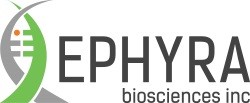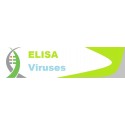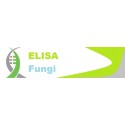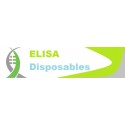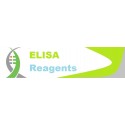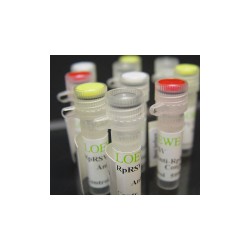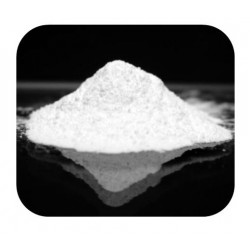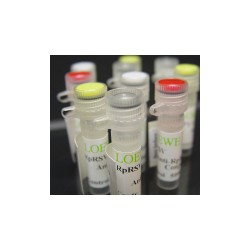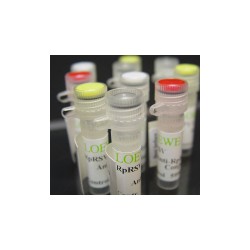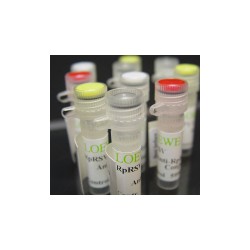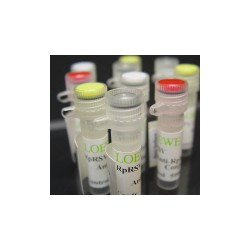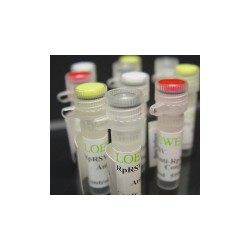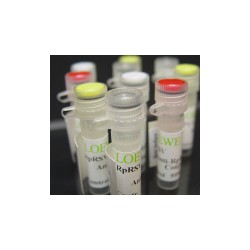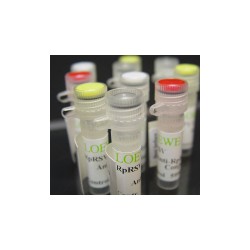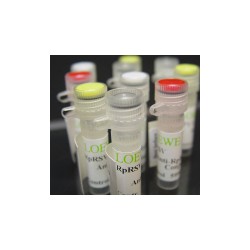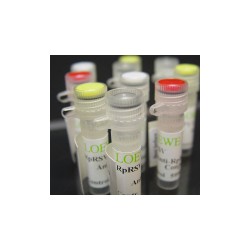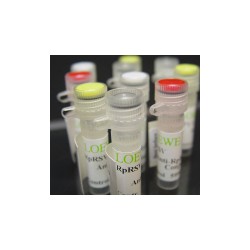ELISA
ELISA (enzyme-linked immunosorbent assay) is a plate-based assay technique designed for detecting and quantifying peptides, proteins, antibodies or hormones. In an ELISA, an antigen must be immobilized to a solid surface and then complexed with an antibody that is linked to an enzyme. Detection is accomplished by assessing the conjugated enzyme ...
ELISA (enzyme-linked immunosorbent assay) is a plate-based assay technique designed for detecting and quantifying peptides, proteins, antibodies or hormones. In an ELISA, an antigen must be immobilized to a solid surface and then complexed with an antibody that is linked to an enzyme. Detection is accomplished by assessing the conjugated enzyme activity via incubation with a substrate, to produce a measureable product. The most crucial element of the detection strategy is a highly-specific antibody-antigen interaction. ELISAs are typically performed in 96-well (or 384-well) polystyrene plates, which will passively bind antibodies and proteins. It is this binding and immobilization of reagents that makes ELISAs so easy to design and perform. Having the reactants of the ELISA immobilized to the microplate surface makes it easy to separate bound from non-bound material during the assay. This ability to wash away nonspecifically bound materials makes the ELISA a powerful tool for measuring specific analytes within a crude preparation.
ELISA There are 222 products.
-
-
Nitrophenyl phosphate Na2-salt...
Chromogenic substrate for determination of Alkaline Phosphatase. Widely used in ELISA techniques.
-
Odontoglossum Ringspot Tobamovirus. ORSV...
Assay type: DAS ELISA using polyclonal antiserum from rabbit.
-
-
-
-
-
Paprika Mild Mottle Tobamovirus. PaMMV...
Assay type: DAS ELISA using polyclonal antiserum from rabbit.
-
Pea Enation Mosaic Enamovirus. PEMV...
Assay type: DAS ELISA using polyclonal antiserum from rabbit.
-
Pea Necrotic Yellow Dwarf nanovirus PNYDV
Nanovirus. Detected in pea crops in Austria, Germany and Netherlands. Other members of the legume family are probably also susceptible. Assay Type: DAS ELISA using polyclonal antiserum from rabbit Host range: aphid -transmitted
-
Pea Seed-borne Mosaic Potyvirus. PSBMV
Assay type: DAS ELISA using polyclonal antiserum from rabbit.
-
Pectobacterium atrosepticum (Formerly...
Pectobacterium atrosepticum (formerly E. carotovora var. atroseptica) (Taxonomy changed recently from: Erwinia carotovora var. atroseptica! Soft rot disease, Blackleg disease, Schwarzbeinigkeit der Kartoffel) Assay type: DAS ELISA using polyclonal antiserum from rabbit Host range: mostly associated with potatoes. Transmission : infested seed tubers

